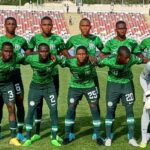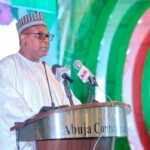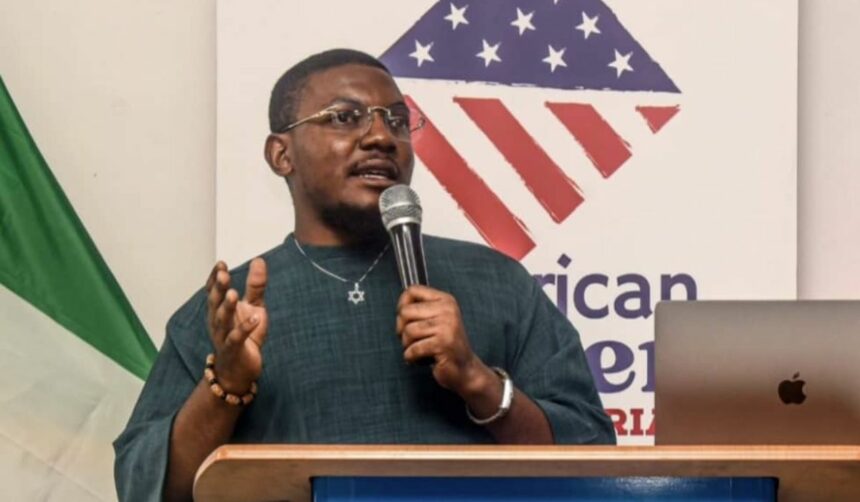The arrest and prolonged detention of investigative journalist Daniel Ojukwu in Nigeria have raised alarm bells among media and advocacy groups.
Ojukwu, a 26-year-old reporter working for Nigeria’s Foundation for Investigative Journalism (FIJ), was apprehended by police on May 1 in Lagos.
Concerns escalated when he was reported missing by his colleagues the following day, prompting an investigation into his whereabouts.
It was only on Sunday, days after he was moved to Abuja, that police confirmed his detention, citing allegations of violating the Cybercrime Act.
His arrest comes in the wake of his investigative reporting, which exposed corruption allegations involving senior Nigerian officials.
Ojukwu’s work implicated Adejoke Orelope-Adefulire, the senior special assistant to the president on Sustainable Development Goals, in the misappropriation of government funds intended for educational infrastructure.
Despite the gravity of the allegations, authorities have not formally questioned Ojukwu on his reporting or any alleged offences related to it.
Fisayo Soyombo, the founder of FIJ, condemned Ojukwu’s arrest as an “abduction.”
He noted that Ojukwu had not been interrogated about his reporting and accused authorities of silencing critical voices in the media.
International organizations, including the Committee to Protect Journalists (CPJ), have called for Ojukwu’s immediate release and urged Nigerian authorities to halt their intimidation tactics against journalists.
CPJ’s Africa program head, Angela Quintal, condemned the government’s actions as an attempt to silence media scrutiny of public spending and accountability.
Nigeria, despite being Africa’s most populous nation, continues to grapple with challenges to press freedom.










